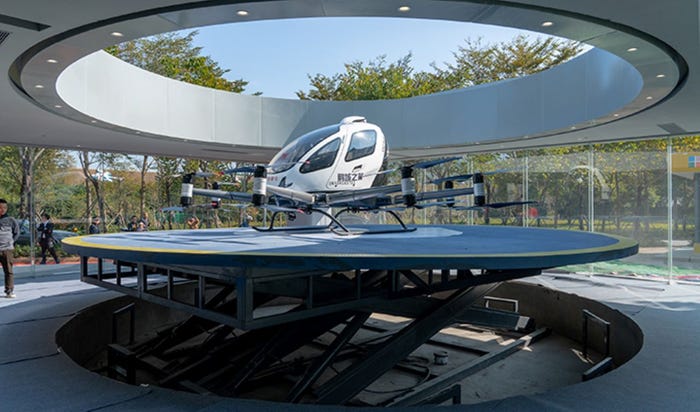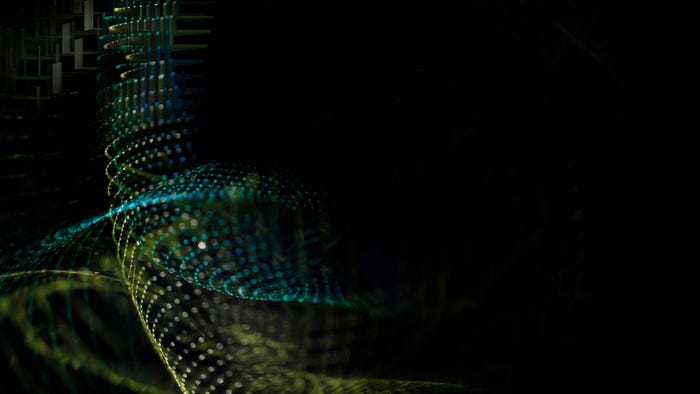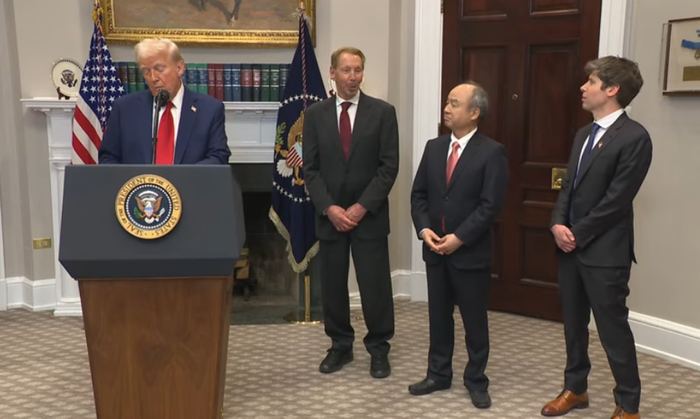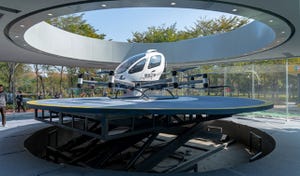CES 2022: Bosch Links IoT with AICES 2022: Bosch Links IoT with AI
Bosch is focusing on the connection of IoT with AI, basically tying the Internet of Things and artificial intelligence together

Bosch plans to link its efforts in the Internet of Things (IoT) with artificial intelligence (AI).
That was the primary message from the annual Bosch press conference at Media Days at CES 2022.
“We are systematically digitalizing our core business,” said Tanja Rückert, Bosch Group chief digital officer, at CES in Las Vegas. “Going forward, we aim to turn the sale of every digital product into services-based revenue as well.”
To achieve that goal, Bosch is focusing on the connection of IoT with AI, basically tying the Internet of Things and artificial intelligence together.
“We see the combination of AI and IoT as holding the key to leveraging the most user benefit from both of these technologies,” Rückert said. “Besides enabling us to develop new business models, this approach helps us offer better products and solutions that deliver real added value for individuals and society as a whole.”
At CES each year, Bosch typically details its current and future strategies, in recent years mostly focused on connectivity.
As of this year, all Bosch products are expected to be connectable. This includes connected power tools, household appliances and heating systems, which the company says have grown by 50% in one year to more than 6 billion units last year.
The company already had established the Bosch Center for Artificial Intelligence.
Bosch looks to combine sensing or connectivity technology with artificial intelligence.
For example, Bosch’s new gas sensor, believed to be the first such AI-enabled product on the market, is part of Dryad’s Silvanet Wildfire Sensor, which helps detect forest fires early.
“Dryad’s sensors are attached to trees, where they continuously monitor the local microclimate to detect incipient fires, and to wirelessly notify the local authorities, long before camera-or satellite-based systems can,” states Bosch. “Not only can this protect against devastation by fire, it can also reduce global carbon emissions from forest fires.”
About the Author
You May Also Like








